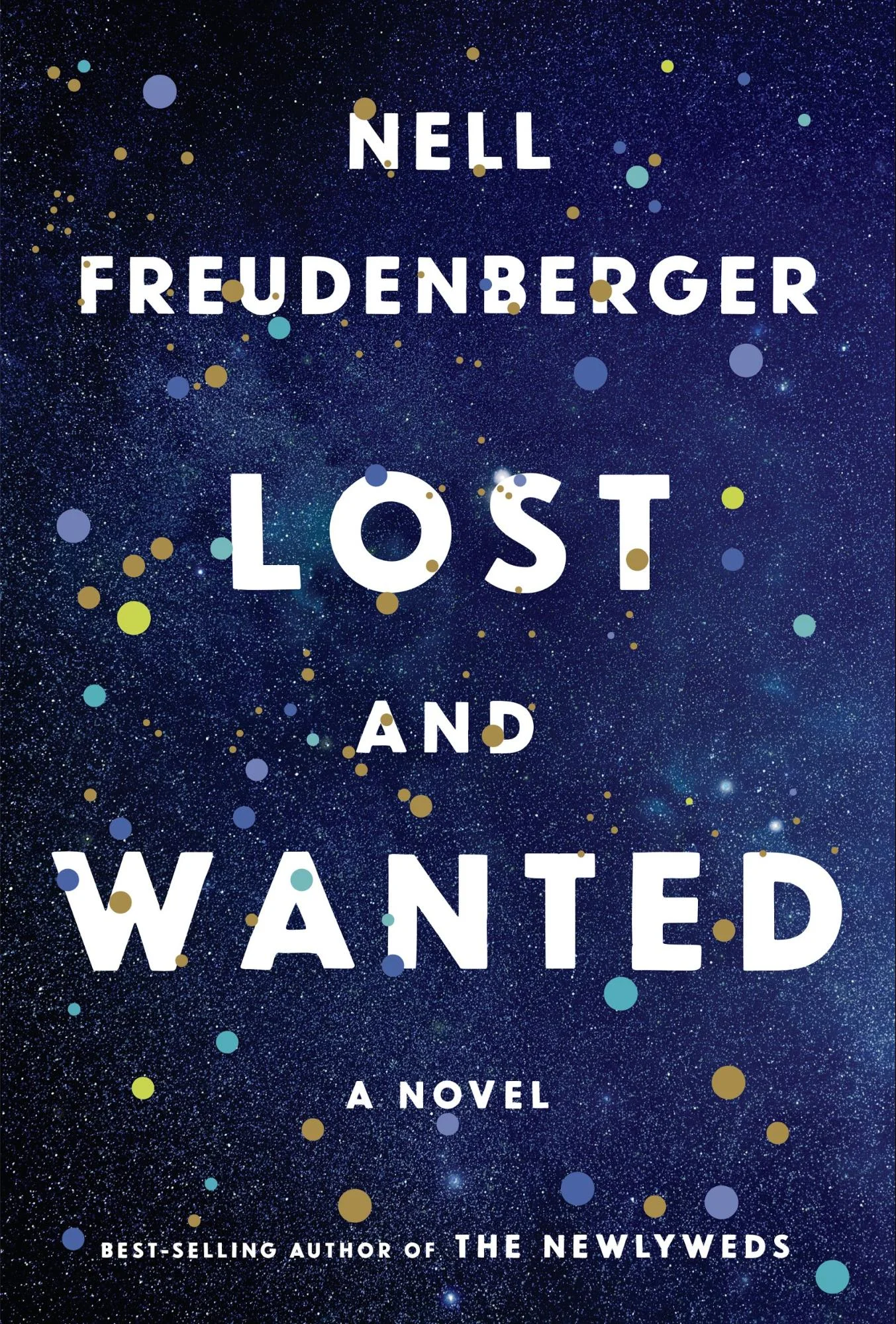by Olga Zilberbourg
A friend’s ten-year-old son recently came up to me at a party to ask, “You’re from Russia, right?” Sensing caution in my assent, the boy hesitated before asking the next question, clearly trying to phrase it in a way that wouldn’t cause offense but would express his curiosity. He finally came up with, “It’s a very violent place, isn’t it?”
Whenever I’m asked to summarize the entire country of Russia at a party, I invariably recall a scene from a popular Soviet movie. When a character returns home from vacation onboard a cruise ship, his apartment building super pressures him to give a lecture to the residents entitled, “New York—the City of Contrasts.” The hero remarks that the cruise didn’t go to New York but to Istanbul and Marseille, and the administrator quickly goes along. “Fine. Call your lecture, ‘Istanbul—the City of Contrasts.’ What’s the difference?” To many Soviet citizens living behind the Iron Curtain there seemed, indeed, little difference between going to New York and Istanbul. Both were equally exotic. To many of my American acquaintances, contemporary Russia remains such an exoticized “other.” This massive country that covers more than one eighth of the Earth’s inhabitable land and is inhabited by approximately 160 ethnic groups speaking one hundred languages becomes reduced in conversation to a few set phrases.

















